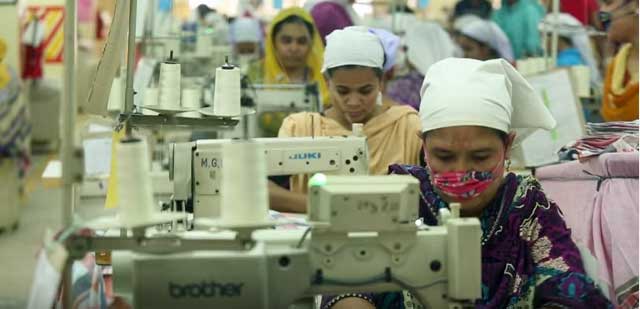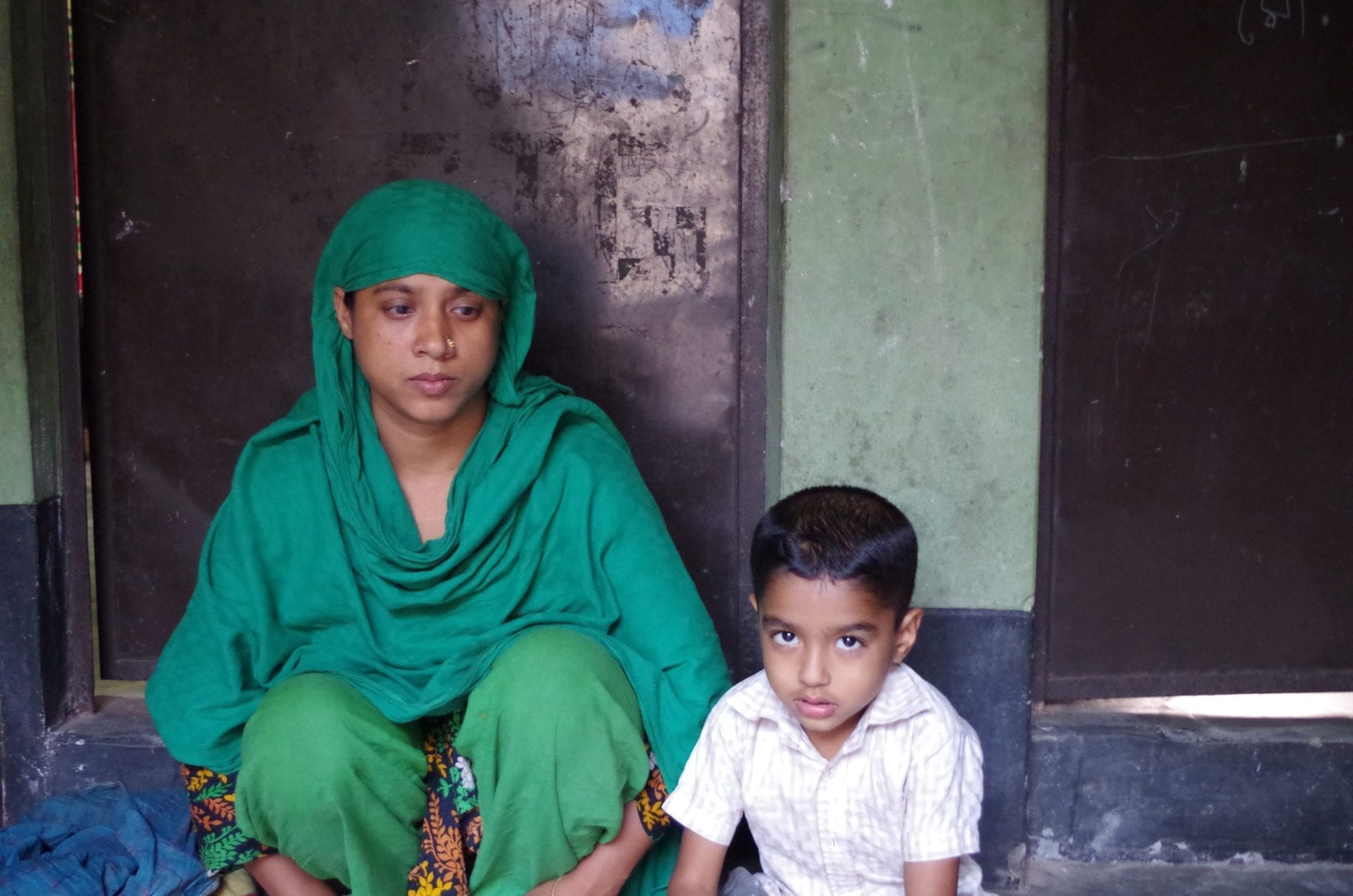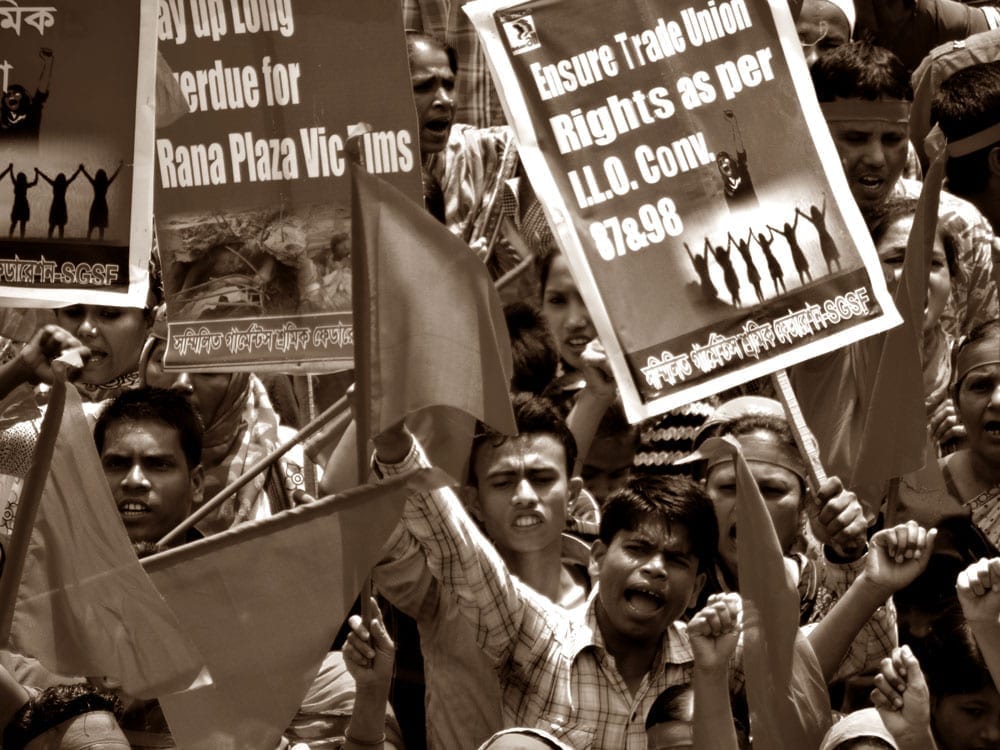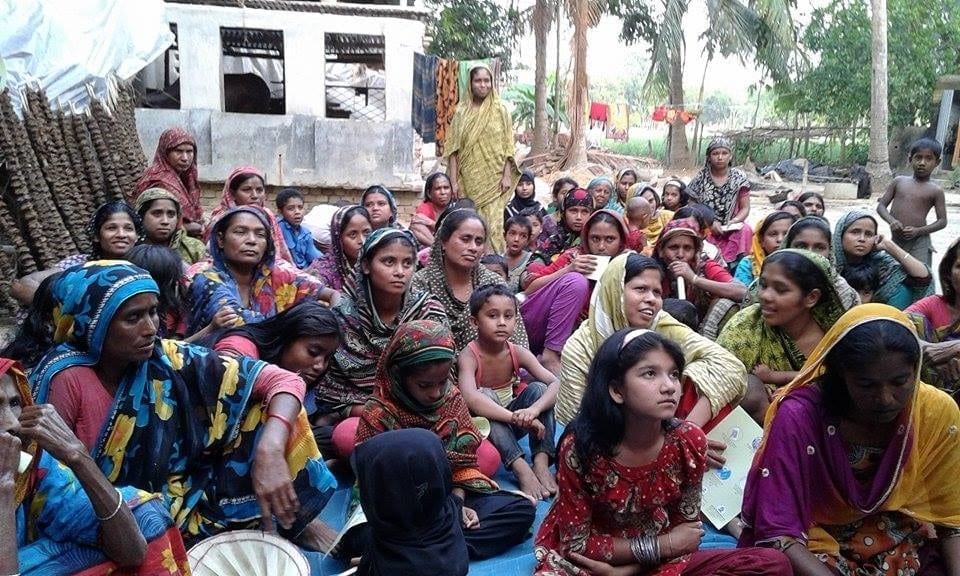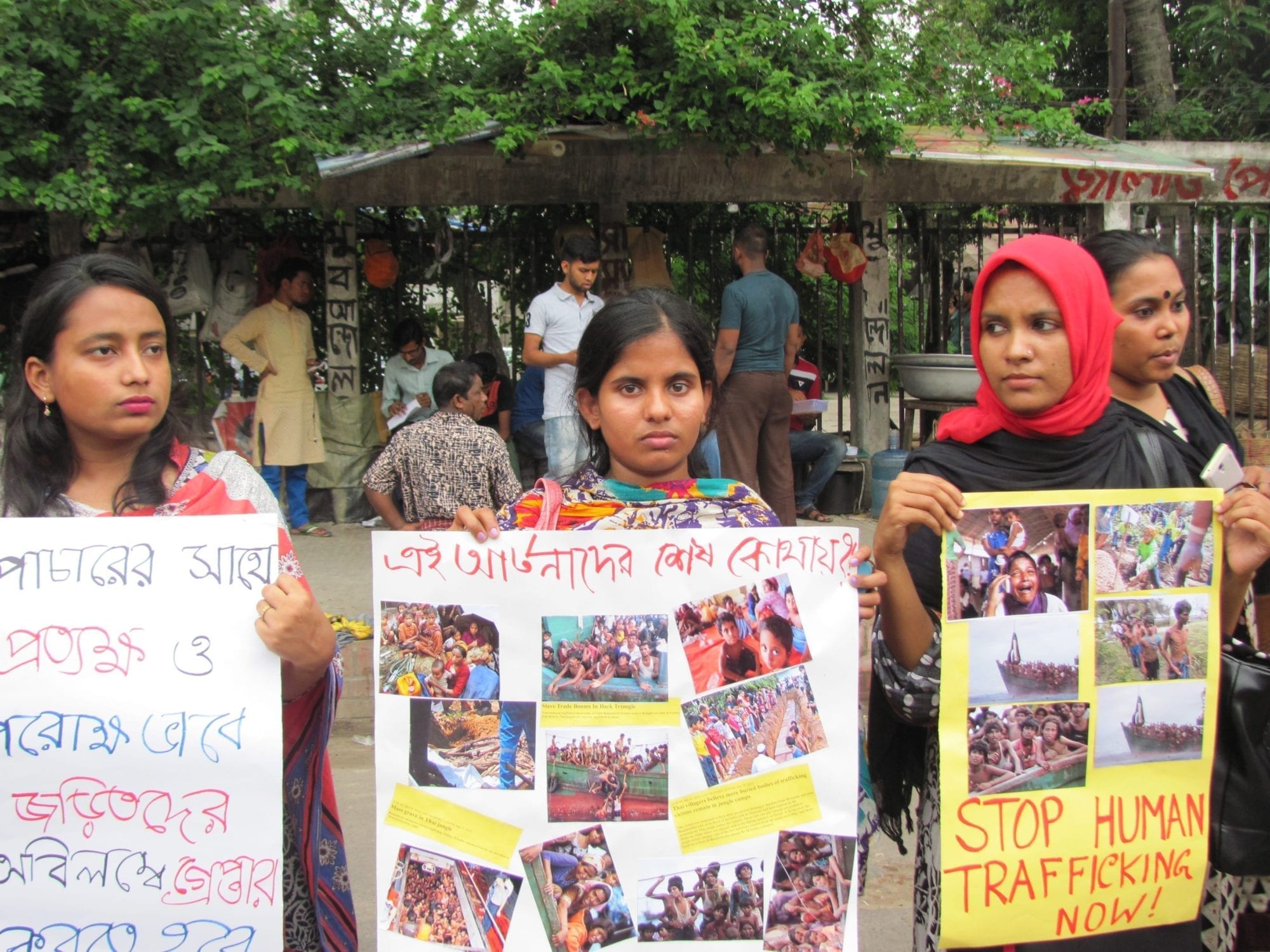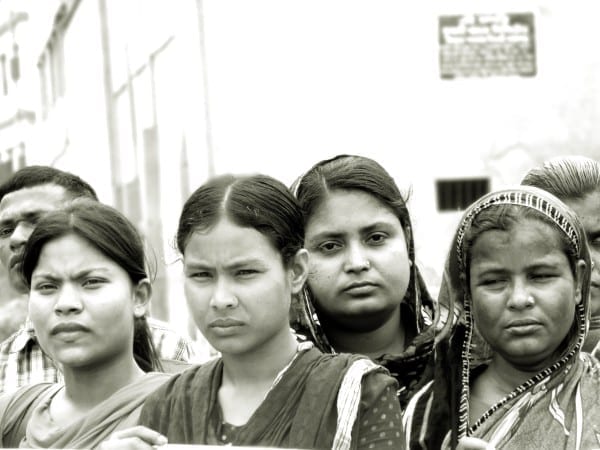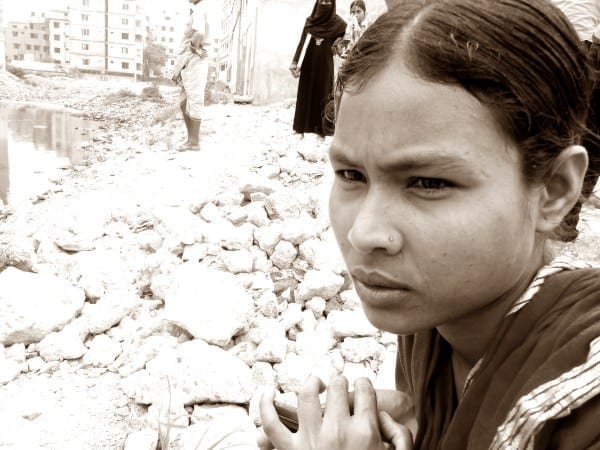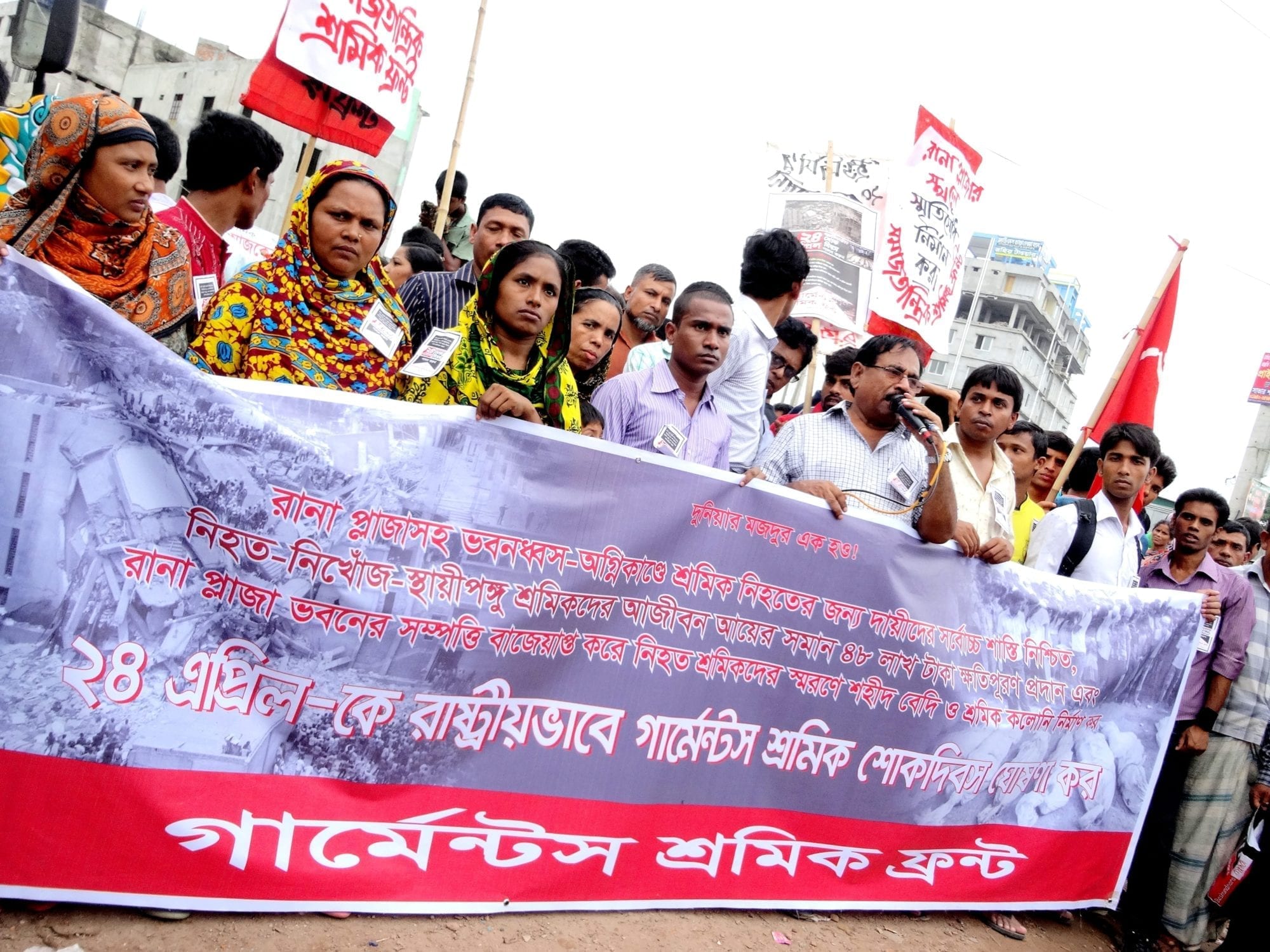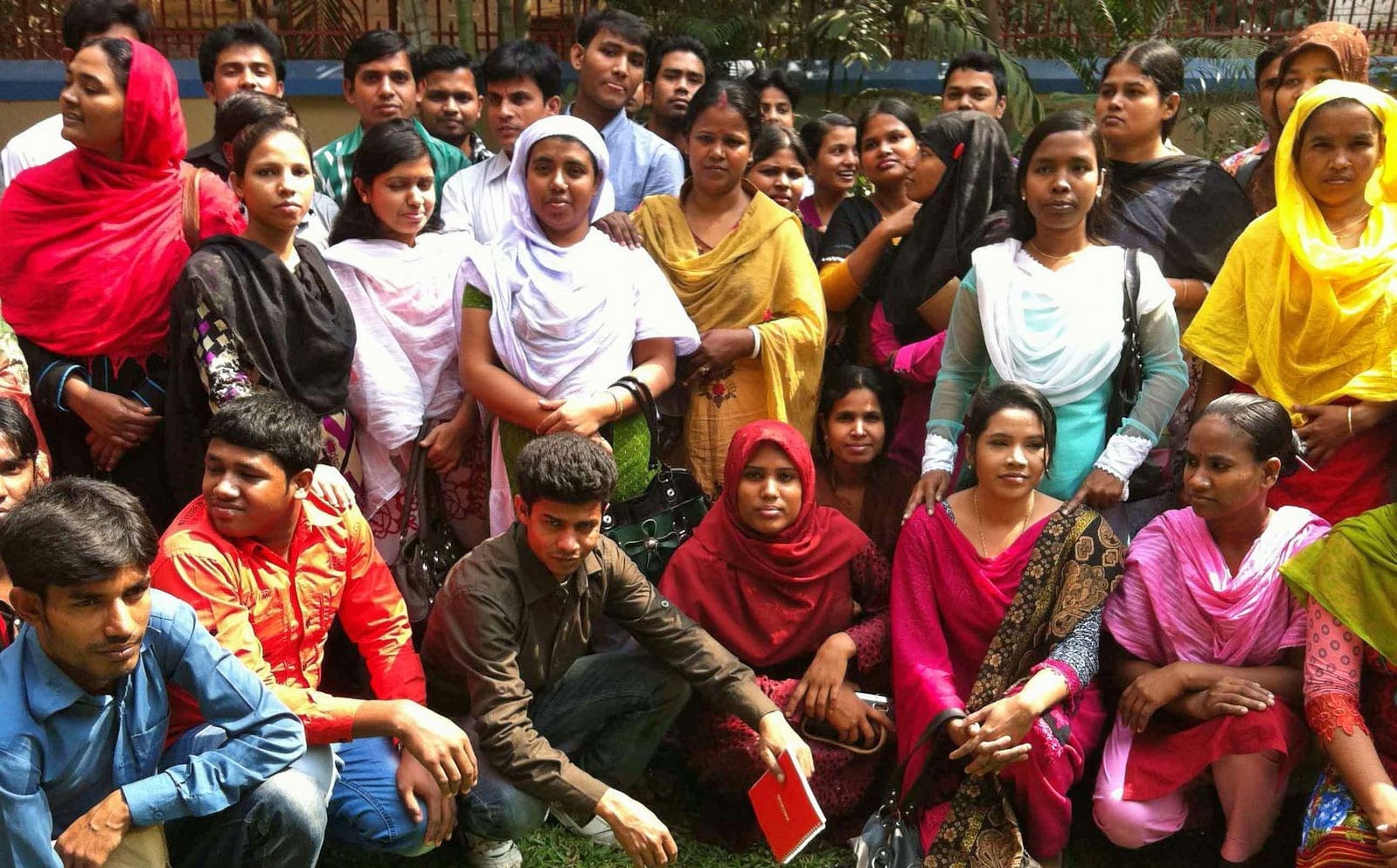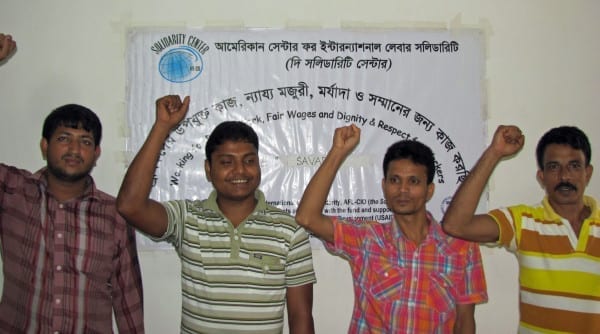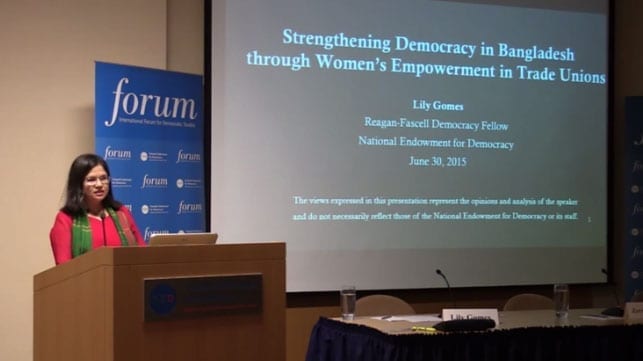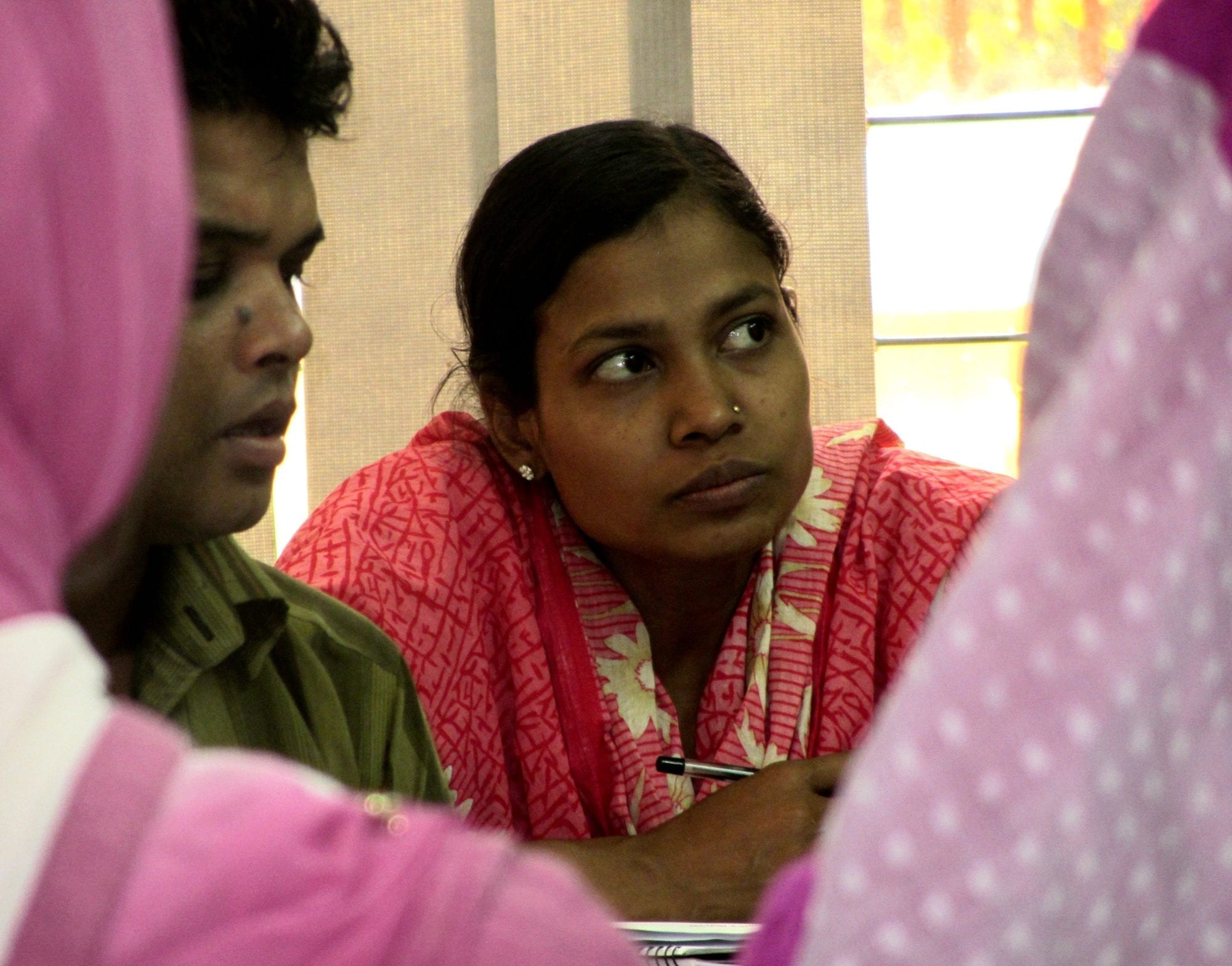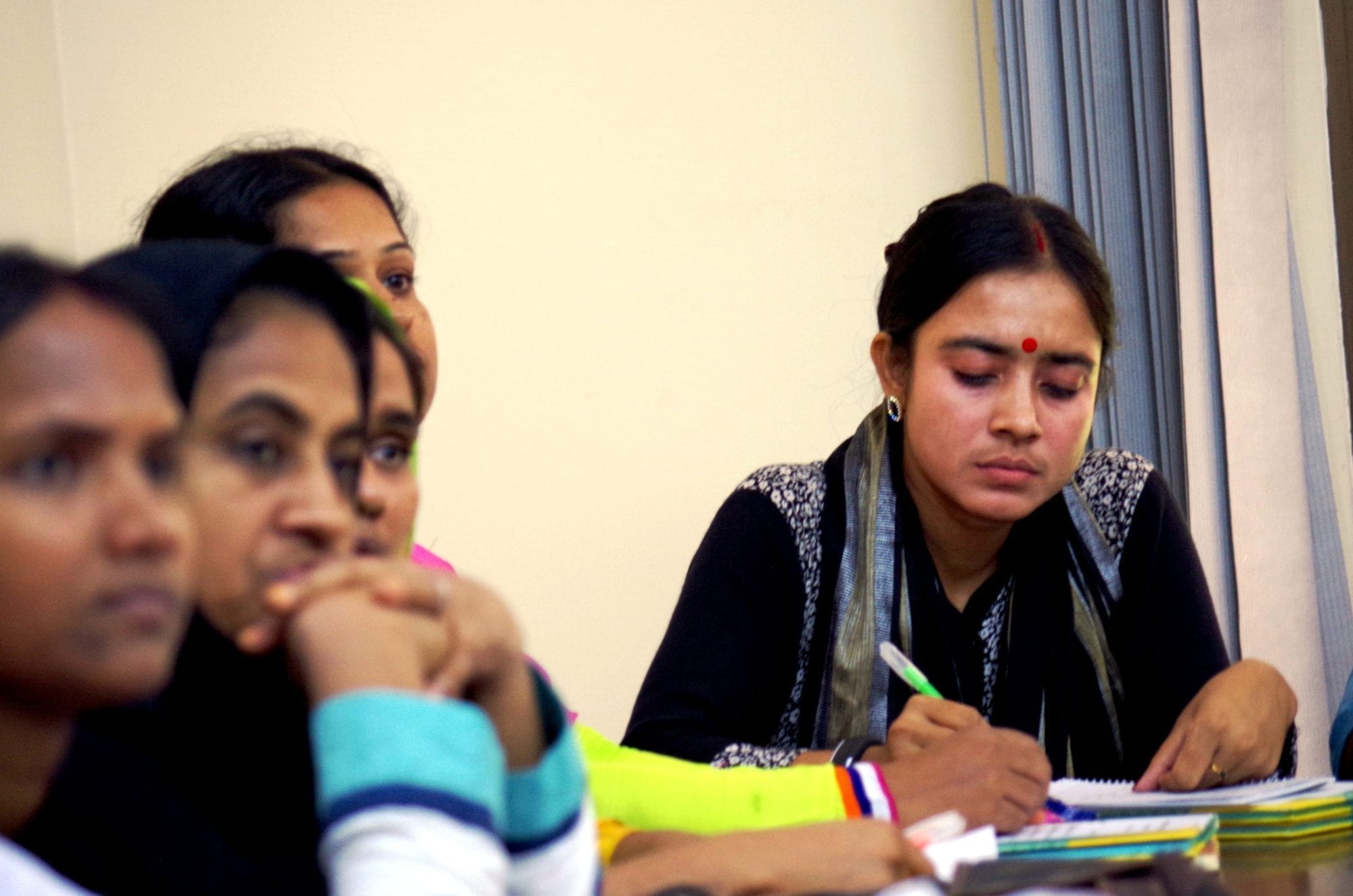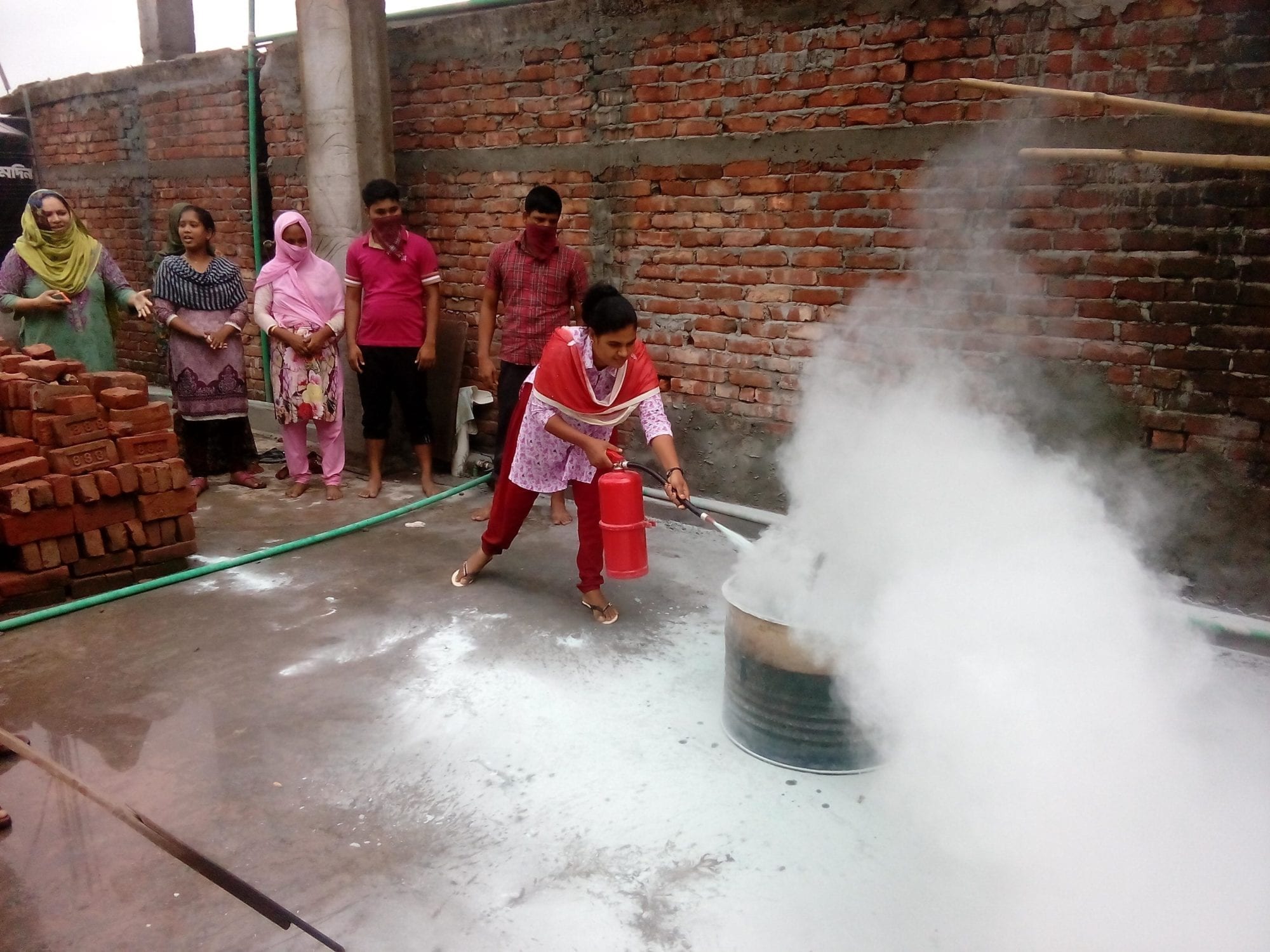Apr 5, 2018
My name is Shamima Aktar and I am a responsible member of my society working as an organizer at Bangladesh Garment and Industrial Workers’ Federation (BGIWF). This was not the case 10 years back. My father was diagnosed with cancer and our family of seven had difficulty making ends meet. Thus, I had to begin working when I was in eighth grade in a small organization that help street children in my community.
From then on, I never looked back, I worked in a garments factory and still managed to acquire a GPA 5 in SSC examination, and this made my father proud. But I did not forget about the hardship that my colleagues and I went through in the garments factory. We were deprived of our basic rights and even more, we did not even know what our rights were. There were chronic shortage of drinking water, bathroom facilities and space for moving around. I always wished I could do something to improve the conditions, do something so that we could receive the minimal facilities.
Then in 2014, I joined BGIWF. I got the opportunity to struggle toward those goals of mine. Things were already on the move due to the Rana Plaza tragedy just a year back. Infrastructure was improving, emergency exit and fire safety was put in place and many factories were relocated from residential buildings to Ashulia, Savar and Narayanganj.
I believed that the workers must be aware of their rights and they must be united to achieve them. That is what we do at BGIWF—we train them to let them know what they deserve and we empower them so that they can claim their rights from the factory owners.
This work has put me in difficult situations and I would like to share one such event. In one factory where we helped to organize a trade union, the factory management called a meeting with us and the union to talk about a demand made by the worker’s union that the salaries must be paid [in a timely fashion]. The factory management would not grant it, and at one point we were locked and beaten. But what moved me was that hearing about our abuse, 17 trade unions around the community immediately came to our aid and barricaded the factory we were in.
Thus, I gathered my courage that the work we were doing was meaningful to many. The workers needed us on their side to be able to live in peace and I wish to [continue organizing workers] no matter how difficult it is for me.
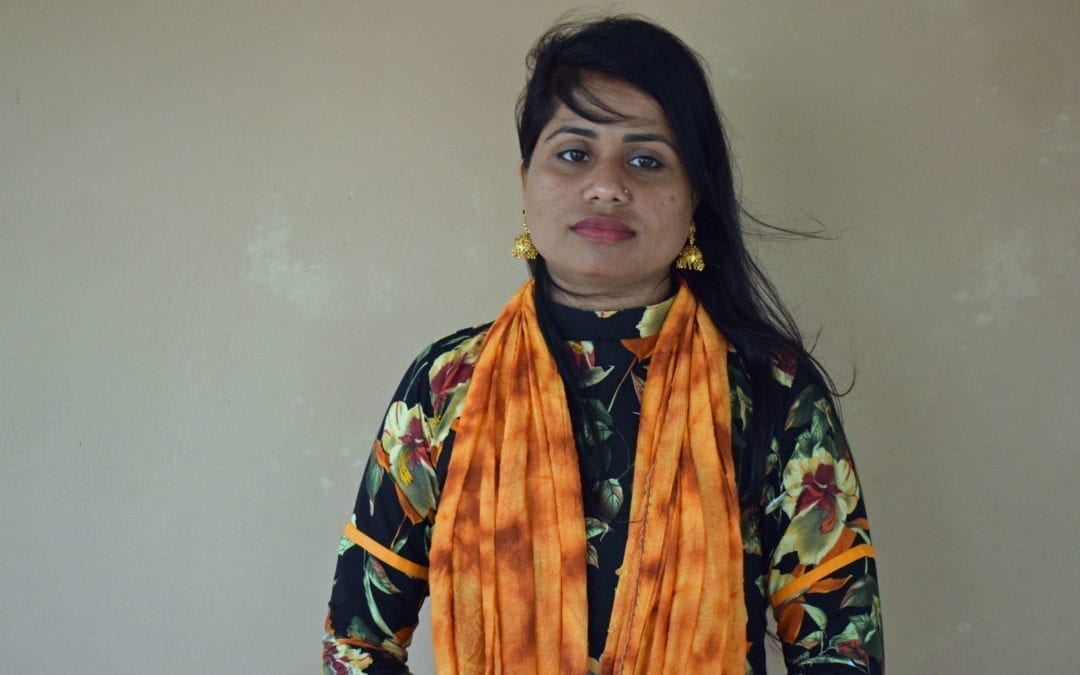
Apr 3, 2018
I am Monira Akter, working with Bangladesh Independent Garment Workers Union Federation (BIGUF) as an organizer for the past six years. I saw how my elder sister was abused and sometimes beaten in her garment factory, and that is when I decided that I wished to work for the rights and safety of all those brothers and sisters of the factory.
They were forced to work long hours without extra payment, sacked if absent for a day or two and had no trade union to voice their claims. It distressed me when I saw my sister returning home at night tired and sick with no time to spend with us or her husband. But we had no choice as we had five mouths to feed with no father or elder brother.
After the Rana Plaza disaster, there have been major changes which had not occurred in many years. Building and fire safety gave a sense of security for the workers in their workplace. They feel they will not lose theirs or their close ones’ lives in an accident just like Rana Plaza and thus are able to work feeling secured. Moreover, I am proud that we have been able to create leaders among the workers by organizing them into trade unions. In the past this would have been close to impossible.
I have worked day and night, went to gates of factories to talk to the workers, walked with them to their homes to earn their trust and to make them aware of how they are being exploited and deprived of their rights. So far, we have united 2,250 workers into trade unions and they say that we give them courage and hope. For me, these words are enough to encourage me to work on for them.
Some of their stories moved me. Once one of them told me that due to some reason a worker was ordered to leave the job immediately but instead she called our office right away. The manager seeing this told her to come back and keep working! This showed us how relevant we have become to the lives of workers and how we can influence the decisions of factory owners on worker rights.
A second story was about Mitu, a worker who was pregnant and submitted her resignation to management. She requested her benefits, but the manager would not allow it. She came to BIGUF informing us about her situation and we promised her our assistance. After many negotiations and heated conversations, we managed to extract all the dues she [legally] deserved without having to resort to legal proceedings.
This is how the garment workers lives are being transformed. The fact that I receive salary for this work is not my motivation. My husband discouraged me to work in this but I still adhere to my principles and wish to stay beside the workers who need of me.
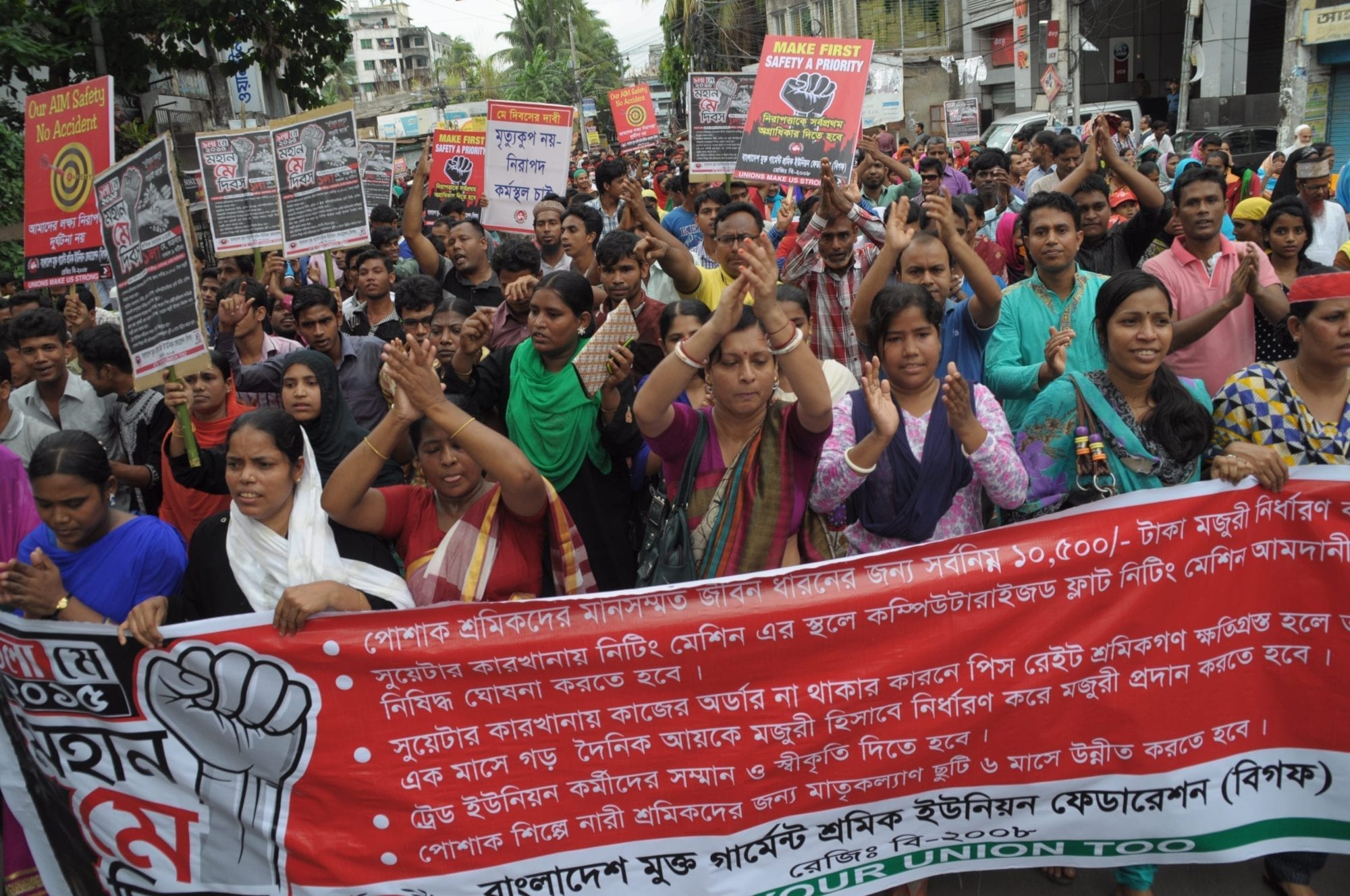
Dec 29, 2017
As part of our year in review series, we are highlighting the 12 most popular Solidarity Center web stories of 2017. This story received the most reach on our Facebook page in January. Read the full story here.
The Solidarity Center warns that the broad crackdown on garment workers, union leaders and worker rights activists in Bangladesh marks a troubling escalation of efforts to silence garment workers and criminalize their fundamental rights to organize, speak to power and improve their lives and livelihoods.
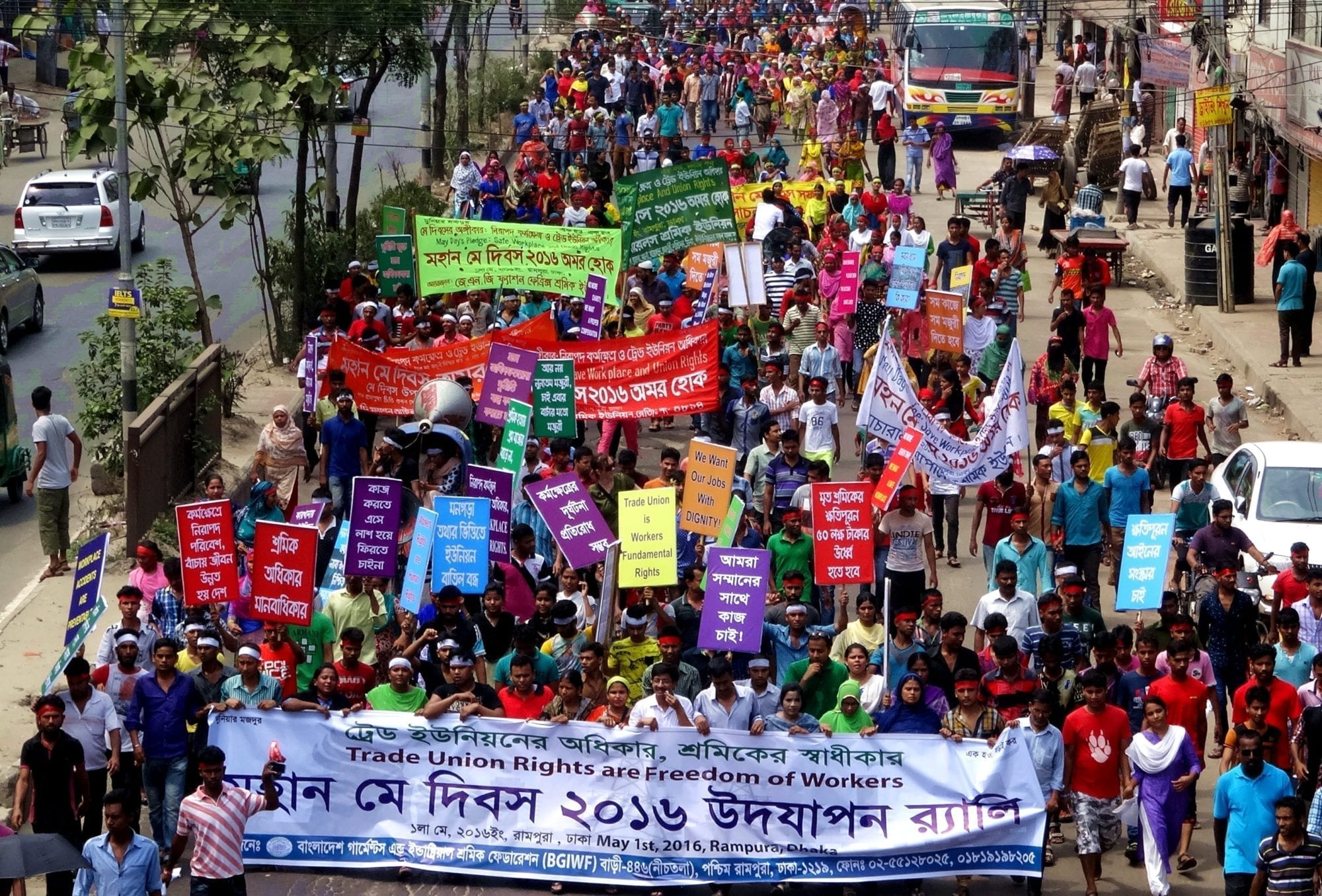
Dec 26, 2017
As part of our year in review series, we are highlighting the 12 most popular Solidarity Center web stories of 2017. This story received the most reach on our Facebook page in April. Read the full story here.
As we approach April 24, the fourth anniversary of the Rana Plaza building collapse in Bangladesh that killed more than 1,130 garment workers and severely injured thousands more, the Solidarity Center is posting first-person stories of three garment worker union organizers who were arrested in December on baseless and dangerous charges, following wage strikes in the Ashulia garment district in December.
Mohammad Ronju, a long-time organizer with the Bangladesh Independent Garment Workers Union Federation (BIGUF) that has helped thousands of workers in 36 factories form unions, was one of the more than 35 people arrested in the December crackdown. On December 27, police entered the BIGUF office in Gazipur, arrested Ronju and later charged him in a January 2015 political opposition explosive substances case, in which he had no involvement. The case carries a sentence of three to twenty years in prison.




